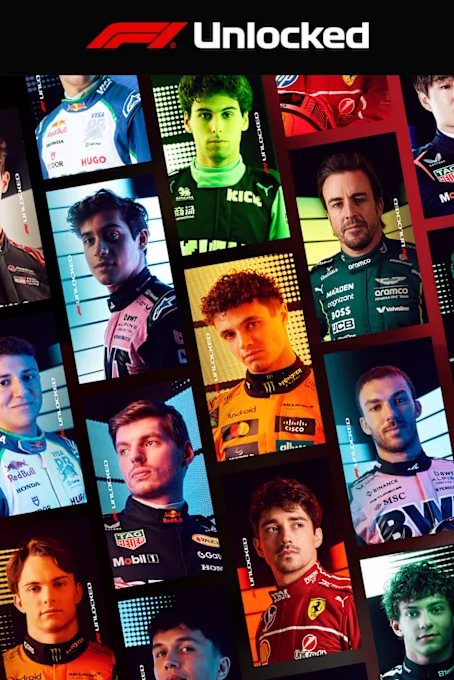FULL TRANSCRIPT: Every word from ex-Williams and McLaren engineer Sam Michael's Beyond The Grid interview
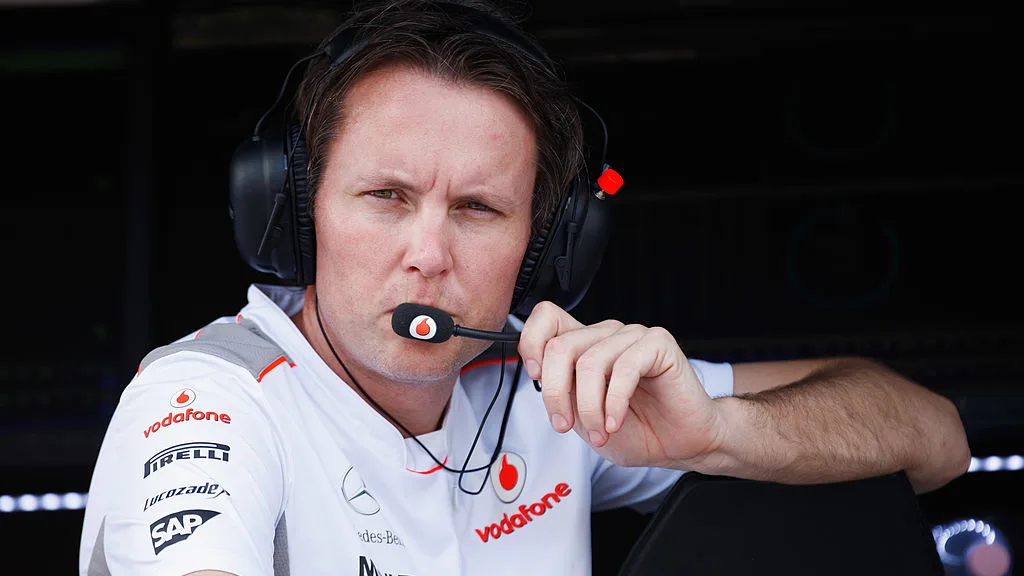
Sam Michael may not be a name instantly recognisible to some newer fans of Formula 1, but the Australian engineer enjoyed a long and fruitful career in the sport – and worked with some of its biggest figures, including Eddie Jordan, Sir Frank Williams, Patrick Head and Ron Dennis, as well as drivers Ralf Schumacher, Juan Pablo Montoya and Lewis Hamilton.
Sam is this week's guest on our Beyond The Grid podcast, and you can read every word from his interview in the transcript below, listen to the episode in the audio player, or head here to catch it on your preferred platform.
Next Up
Related Articles
 HighlightsCatch the action from Day 1 of the second Bahrain test
HighlightsCatch the action from Day 1 of the second Bahrain test Ferrari headline the innovations as F1 testing resumes
Ferrari headline the innovations as F1 testing resumes Watch as F1 TV break down Day 1 of second Bahrain test
Watch as F1 TV break down Day 1 of second Bahrain test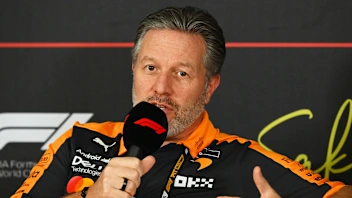 McLaren ‘in big four’ but not at the front – Brown
McLaren ‘in big four’ but not at the front – Brown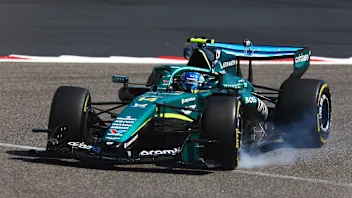 Honda issue statement amid Aston Martin’s test struggles
Honda issue statement amid Aston Martin’s test struggles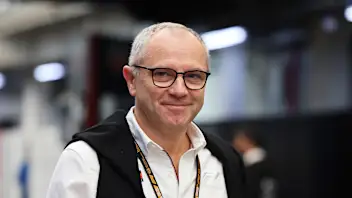 Domenicali positive 2026 will be ‘incredible year’
Domenicali positive 2026 will be ‘incredible year’
